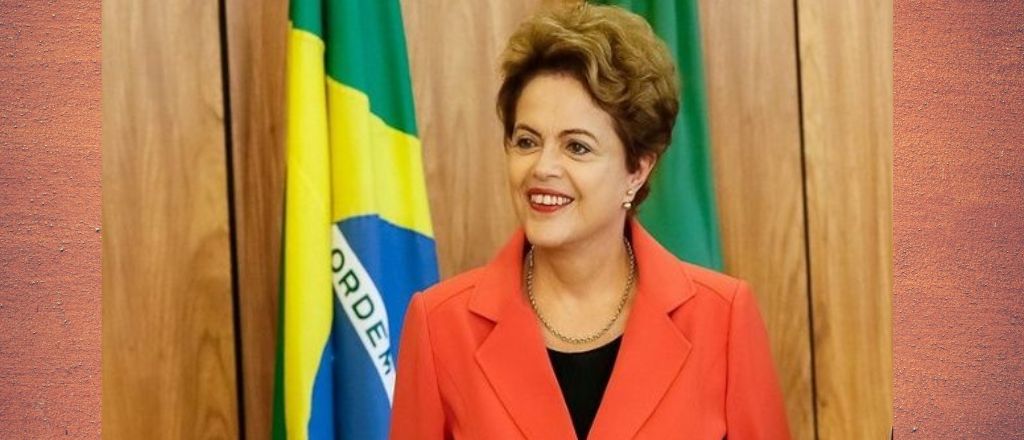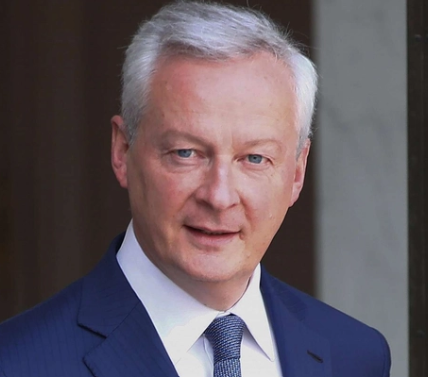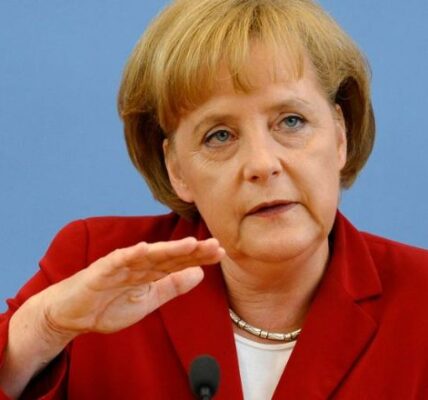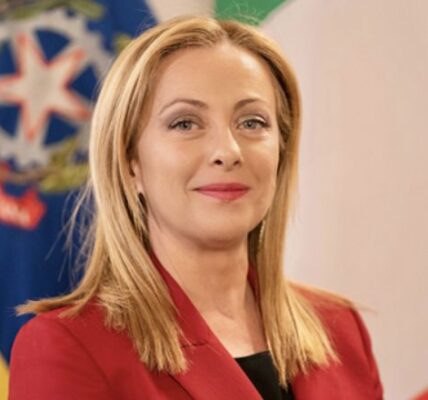Early Activism and Political Awakening
Dilma Rousseff’s life story is a testament to resilience and determination. Born into an upper-middle-class family in Belo Horizonte, Brazil, on December 14, 1947, she was raised amidst the tumultuous political landscape of the 1960s. The country was in the grip of authoritarian rule, and Rousseff’s early years were shaped by her father’s immigrant background from Bulgaria and her mother’s dedication as a teacher.
Trials and Tribulations
Rousseff’s political consciousness was awakened during Brazil’s dark years of dictatorship. In 1964, a coalition of civilian and military officials overthrew the government, sparking a period of repression and censorship. As a teenager, Rousseff became involved in the left-wing opposition movement, driven by a desire for social justice and democracy. However, her activism came at a cost. Following her involvement with the militant group National Liberation Command (Colina), she faced imprisonment and torture by government forces. Despite the physical and emotional scars, Rousseff remained undeterred, emerging from her ordeal with a renewed determination to fight for a better Brazil.
Educational Pursuits and Political Ascendancy
Upon her release from prison in 1973, Dilma Rousseff embarked on a journey of education and political engagement. She pursued a degree in economics from the Universidade Federal do Rio Grande do Sul, graduating in 1977. Her academic pursuits were intertwined with her commitment to social change, as she became increasingly active in local politics. Rousseff’s rise within the political ranks was steady but impressive. She held various government positions, demonstrating her leadership skills and dedication to public service.
Rise to Prominence
Rousseff’s political career reached new heights when she joined Luiz Inácio Lula da Silva’s Workers’ Party (PT). Her tenure as minister of mines and energy and later as chief of staff showcased her ability to navigate complex policy issues and manage diverse stakeholders. As chair of the state-run oil company Petrobras, she emphasized the need for energy independence and investment in infrastructure. Rousseff’s strategic acumen and commitment to progressive policies caught the attention of her party, paving the way for her historic presidential bid.
Historic Presidency
In 2010, Dilma Rousseff made history as Brazil’s first female president. Her inauguration marked a new chapter in the country’s political landscape, symbolizing progress and inclusivity. Rousseff’s presidency was characterized by a bold domestic agenda focused on economic stability, poverty alleviation, and social justice. She championed human rights and environmental sustainability, earning praise both at home and abroad.
Challenges and Controversies
However, Rousseff’s presidency was not without its challenges. Allegations of corruption and economic downturns fueled public discontent and mass protests across Brazil. Critics accused her administration of mismanagement and overspending, leading to a decline in her approval ratings. Despite these obstacles, Rousseff remained resolute in her commitment to her vision for Brazil’s future.
Impeachment and Legacy
In 2016, Dilma Rousseff’s presidency came to an abrupt end with her impeachment and removal from office. The process was fraught with controversy and political maneuvering, raising questions about the strength of Brazil’s democratic institutions. Despite her ousting, Rousseff’s legacy endures as a symbol of resilience and defiance in the face of adversity. Her contributions to Brazil’s political and social landscape, as well as her pioneering role as the country’s first female president, will be remembered for generations to come.
Conclusion: Enduring Legacy
Dilma Rousseff’s life journey is a testament to the power of resilience and determination in the face of adversity. From her early days as an activist fighting against dictatorship to her historic presidency and subsequent impeachment, she has left an indelible mark on Brazilian history. As Brazil continues to navigate its path forward, Rousseff’s legacy serves as a reminder of the importance of upholding democratic principles and fighting for social justice. Her story inspires future generations to persevere in the pursuit of a better, more equitable world.
Frequently Asked Questions:
Who is Dilma Rousseff?
Dilma Rousseff is a Brazilian politician who served as the first female president of Brazil from 2011 to 2016.
What is Dilma Rousseff known for?
Dilma Rousseff is known for her activism against the Brazilian military dictatorship, her tenure as president, and her impeachment in 2016.
What were Dilma Rousseff’s accomplishments as president?
As president, Dilma Rousseff focused on economic stability, poverty eradication, political and tax reforms, and job creation. She also emphasized human rights and nonintervention in foreign policy.
Why was Dilma Rousseff impeached?
Dilma Rousseff was impeached due to accusations of budgetary mismanagement and corruption scandals, particularly involving state-owned oil company Petrobras.
What happened after Dilma Rousseff’s impeachment?
After her impeachment, Dilma Rousseff was removed from office, and Vice President Michel Temer assumed the presidency. Rousseff was also barred from running for political office for eight years.





